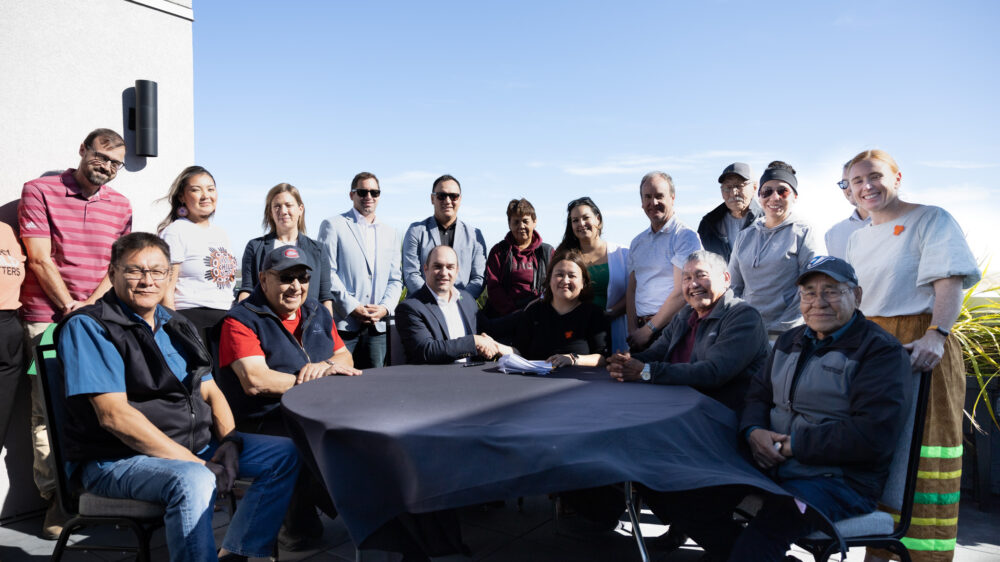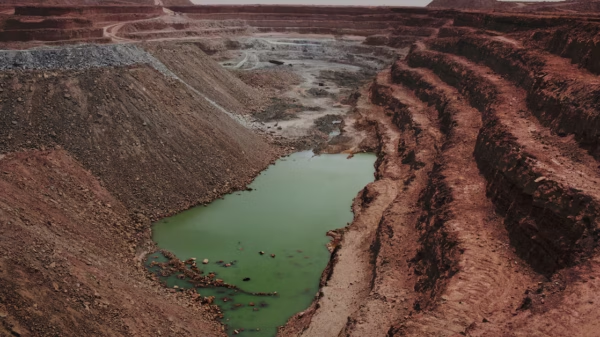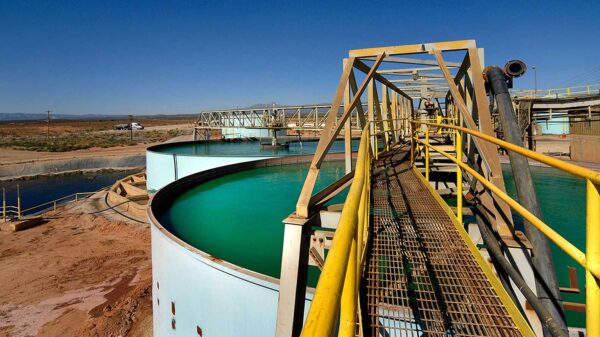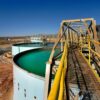Denison Mines Corp. (TSX: DML) (NYSE American: DNN) and the English River First Nation (ERFN) in northern Saskatchewan signed an agreement in support of the development and operation of Denison’s uranium project at Wheeler River.
The shared prosperity agreement (SPA) drew support from a majority of the ERFN members in a ratification vote on its key terms, according to a Wednesday press release.
The SPA signing comes after years of involvement, including a four-month ERFN-led community consultation before the ratification vote. This marks a big step in Denison’s relationship with ERFN and the project’s history.
The agreement recognizes that the project is on ERFN’s ancestral lands and grants Denison permission to proceed with it. It also acknowledges ERFN as the custodian of their culture and environment, emphasizing sustainability. The SPA includes commitments like ERFN’s involvement in environmental oversight, and benefits such as community investments, job opportunities and compensation.
“This agreement stands as a testament to meaningful collaboration and mutual respect,” said Jenny Wolverine, Acting Chief of the ERFN.
“We worked hard to secure the best team to support ERFN through these negotiations. This included strong legal counsel to negotiate the agreement, scientists to help us understand the environmental impacts, and consultants to review the impacts and benefits of the Wheeler River project.”
Read more: New uranium-backed token provides innovative way to own commodity
Read more: Centrus Energy to begin producing high-assay low-enriched uranium at Ohio plant
Denison aims to help with Indigenous reconciliation
English River First Nation is situated approximately 500 kilometers north of Saskatoon within Treaty 10 territory. ERFN encompasses nineteen reserves, including notable locations like Wapatuanak, La Plonge, Porter Island, Cree Lake, Elak Dase, Knee Lake and Dipper Rapids.
ERFN is a culturally diverse community, with nearly 1,800 members who speak a combination of Dene, Cree, Michif, English, and French. The “people of the river” are renowned for their collaborative spirit, trustworthiness, and humility. They are deeply committed to land stewardship and ensuring the education of future generations.
David Cates, president and CEO of Denison said that his company sought to develop an agreement with the first nation that could help with reconciliation with Canada’s Indigenous peoples.
“To achieve this, we listened to the interests of the Nation and worked together to obtain a mutual appreciation of the impacts and benefits of the project. We are very pleased to have earned the support of ERFN and to announce that we have reached an agreement where ERFN consents to the advancement of the project,” said Cates.
Shares of Denison Mines dropped 3.4 per cent to $2.27 on Friday on the Toronto Stock Exchange.
Uranium mining is a significant industry in Saskatchewan, with the province being one of the world’s largest producers of high-grade uranium. The mining operations in Saskatchewan play a critical role in supplying fuel for nuclear power generation and contributing to the global nuclear energy sector.
A few other companies mining uranium in Saskatchewan include Skyharbour Resources (CSE: SYH), the world’s largest publicly traded uranium miner, Cameco Corporation (NYSE: CCJ) (TSX: CCJ), and Orana Canada, a subsidiary of French multinational, The Orano Group.
.














